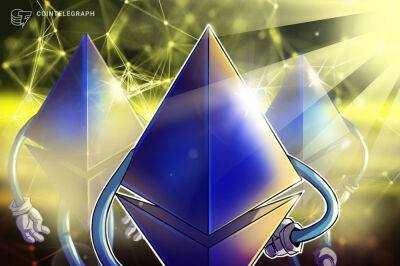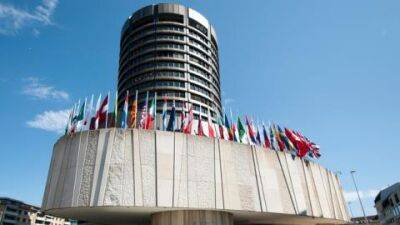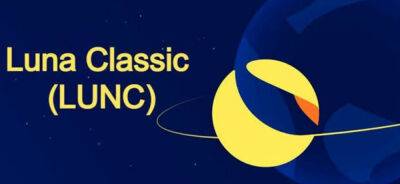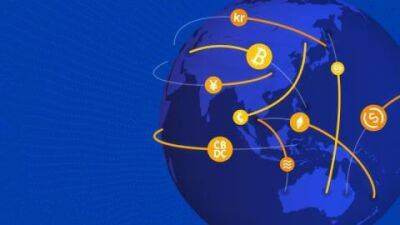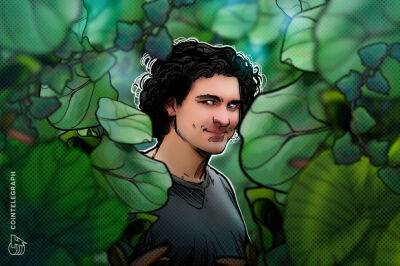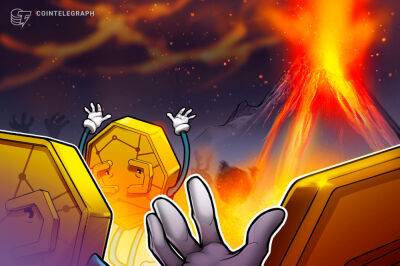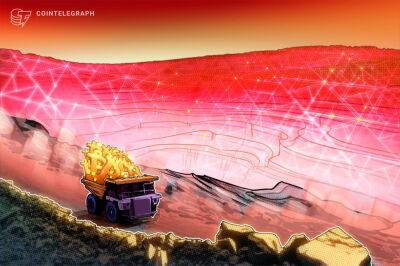Worldwide fertiliser shortage prompts Peru to turn to bird poo
As countries around the world wrestle with shortages of imported fertiliser as a result of the Russian invasion of Ukraine, Peru has turned to a tried and tested alternative: bird poo.
In the 19th century, fortunes were made and lost on guano, the potent excrement of fish-eating seabirds which was harvested by enslaved people from Africa and indentured Indigenous and Chinese labourers.
It is a superb organic fertiliser containing an exceptionally high content of nitrogen, phosphate and potassium – all key nutrients essential for plant growth. Guano became such a valuable commodity that Chile fought a war against Peru and Bolivia over its supply in the 1880s.
Now, Peru’s government has launched the aptly named naval vessel Pelicano to transport the pungent cargo from coastal islands and peninsulas to the mainland where prices of imported fertilisers have tripled or quadrupled in price.
Sold at a subsidized price of 50 Peruvian soles (£11.6) for a 50kg sack, guano has been snapped up by farmers who cannot afford the rising prices of chemical fertilisers.
“The guano from the islands is good fertiliser and the price is reasonable,” said Segundo Cruz, a farmer in Mala, an agricultural town about 80km south of Lima. But he was concerned that crops take longer to ripen with guano than with the chemical alternative.
“Due to the increase in fertiliser prices, people are no longer sowing the same amount as before, they are planting just a third of the crop, not as much as before,” he told the Guardian. “It won’t be enough to supply the markets, and prices are going to go up even more.”
Moreover, there is not enough guano to make up for the shortfall for Peru’s 2.4 million small- and medium-scale farmers, of whom around half used
Read more on theguardian.com


